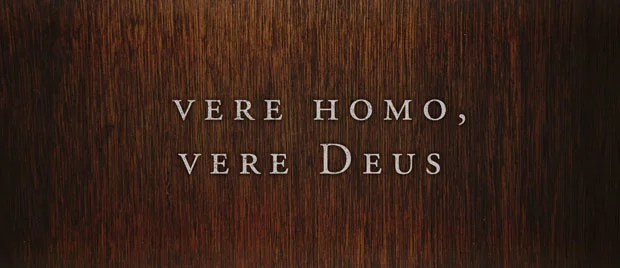Does Jesus Have One Nature, or Two?

In the year 451, the church convened the great Council of Chalcedon, one of the most important ecumenical councils of all time. It was called to combat several heresies, the most significant of which was the Monophysite heresy. The term monophysite has a prefix and a root. The prefix, mono, means "one," and the root, phusis, is translated as "nature." So monophusis or monophysite simply means "one nature."
The Monophysites claimed that Jesus did not have two natures, a divine nature and a human nature, but only one nature. That one nature was neither completely divine nor completely human. It was, depending on how one looked at it, a deified human nature or a humanized divine nature. This heresy was very serious for two reasons. It denied, on the one hand, the full deity of Christ. On the other hand, it denied the real humanity of Jesus. Against that, the Council of Chalcedon declared that Christ was vere homo, vere Deus, that is, "truly man and truly God," having two natures in one person.
Christ was vere homo, vere Deus, that is, “truly man and truly God,” having two natures in one person.
How are we to understand the union of a human nature and a divine nature? The Bible says that in the incarnation, the second person of the Trinity took on Himself a human nature. However, when He took flesh, a human nature, He did not deify that human nature. That human nature remained human.
The Council of Chalcedon, in dealing with the mystery of the incarnation and affirming Jesus' two natures, said that His two natures are perfectly united in such a way that they are not confused or mixed, divided or separated. We cannot mix them together as the Monophysites did, deifying the flesh or humanizing the spirit. At the same time, we must never separate them. They are always and everywhere united. Those four negatives of Chalcedon are further qualified by this phrase, "each nature retaining its own attributes." That is, in the incarnation, the Son did not surrender any of His attributes. The divine nature is still eternal, infinite, omniscient, omnipresent, and omnipotent. It manifests all the attributes that belong to deity. God did not stop being God when He took on a human nature in Jesus. At the same time, the human nature retained its own attributes, being finite, contained, unable to be at more than one place at the same time, limited in knowledge, and limited in power. All of those attributes of humanity remained attributes of Jesus' humanity.


